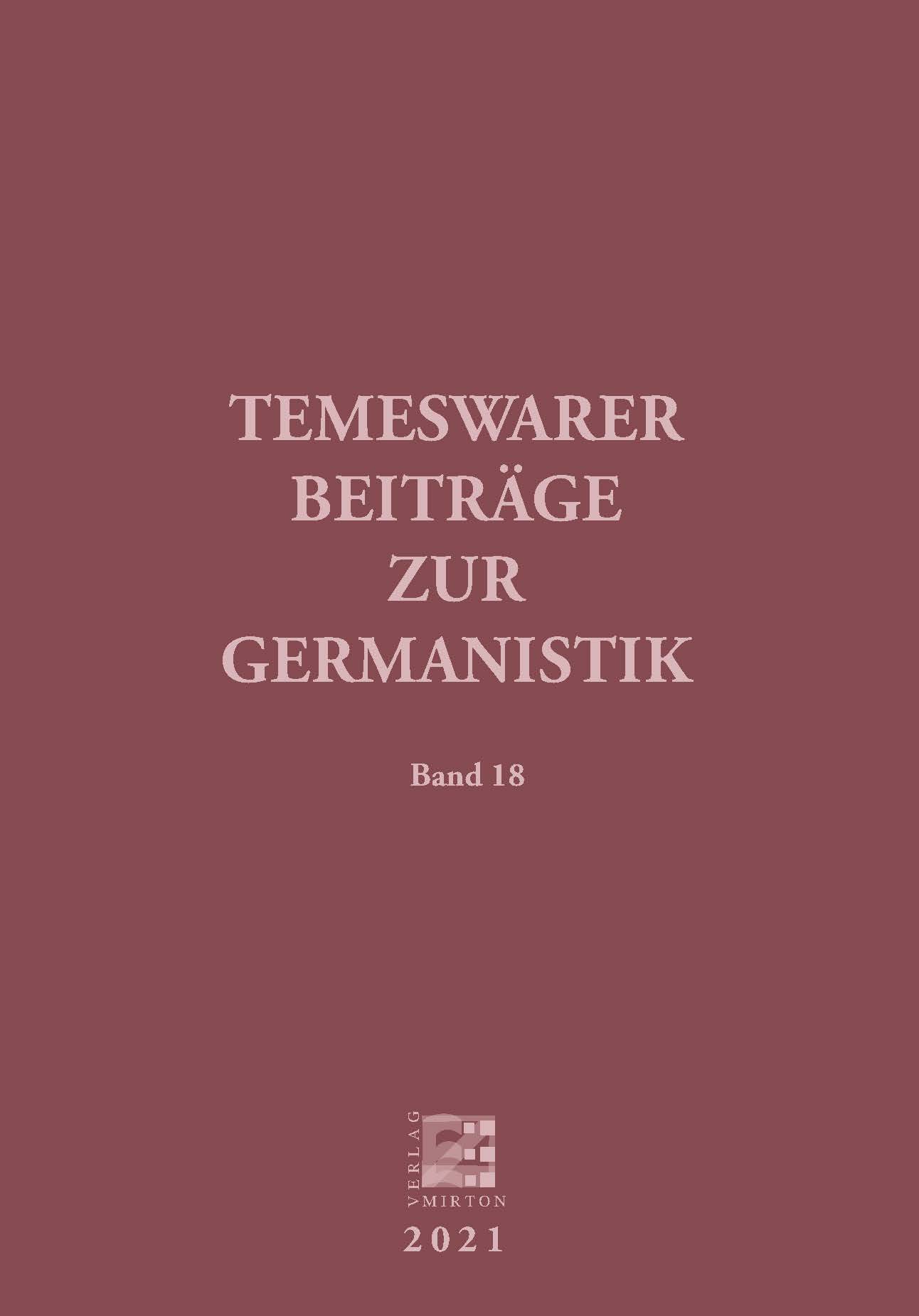Kritik der Höflichkeit. Zum Wandel einer Verhaltensform in der Epoche des Sturm und Drang
The critique of courtesy. The change of a behavioral norm during the Sturm und Drang period
Author(s): Markus FischerSubject(s): Literary Texts, Cultural history, German Literature, Social Norms / Social Control
Published by: Editura Mirton
Keywords: courtesy; Sturm und Drang; Goethe; Lenz; Schiller; Knigge;
Summary/Abstract: The present paper deals with the concept of courtesy during the Sturm und Drang period in German literature and society. In this period the social concept of courtesy was still connected to the etiquette of a lively court culture with its rigid rules and conventions. Against this corset of behavioral norms, the young generation of Stürmer und Dränger set the concept of civilized naturalness invoking Rousseau’s doctrines as well as the concept of genius as subsequently defined by Kant. On the basis of biographical information about Goethe, Lenz, Klinger, and other Sturm und Drang writers as well as on the basis of literary works by Goethe, Lenz, and Schiller the present paper features the Sturm und Drang critique of courtesy which is located at the ideological breakpoint between the understanding of courtesy as an instrument of self-conservation against others (ars conservationis) and the understanding of courtesy as a way of unfolding one’s self by conversing with others (ars conversationis). Adolph Freiherr Knigge’s well-known work Über den Umgang mit Menschen plays an important role in comprehending this conceptual shift in the notion of courtesy in the course of the18th century.
Journal: Temeswarer Beiträge zur Germanistik
- Issue Year: 2021
- Issue No: 18
- Page Range: 79-90
- Page Count: 12
- Language: German

